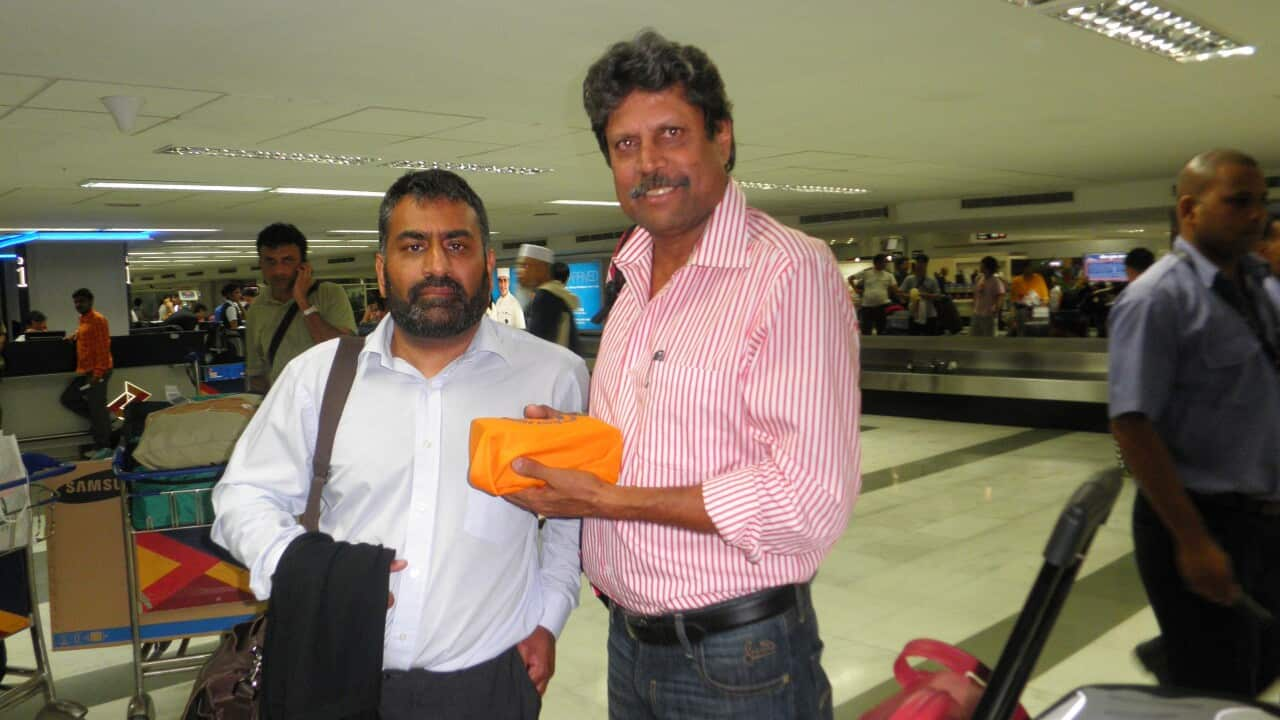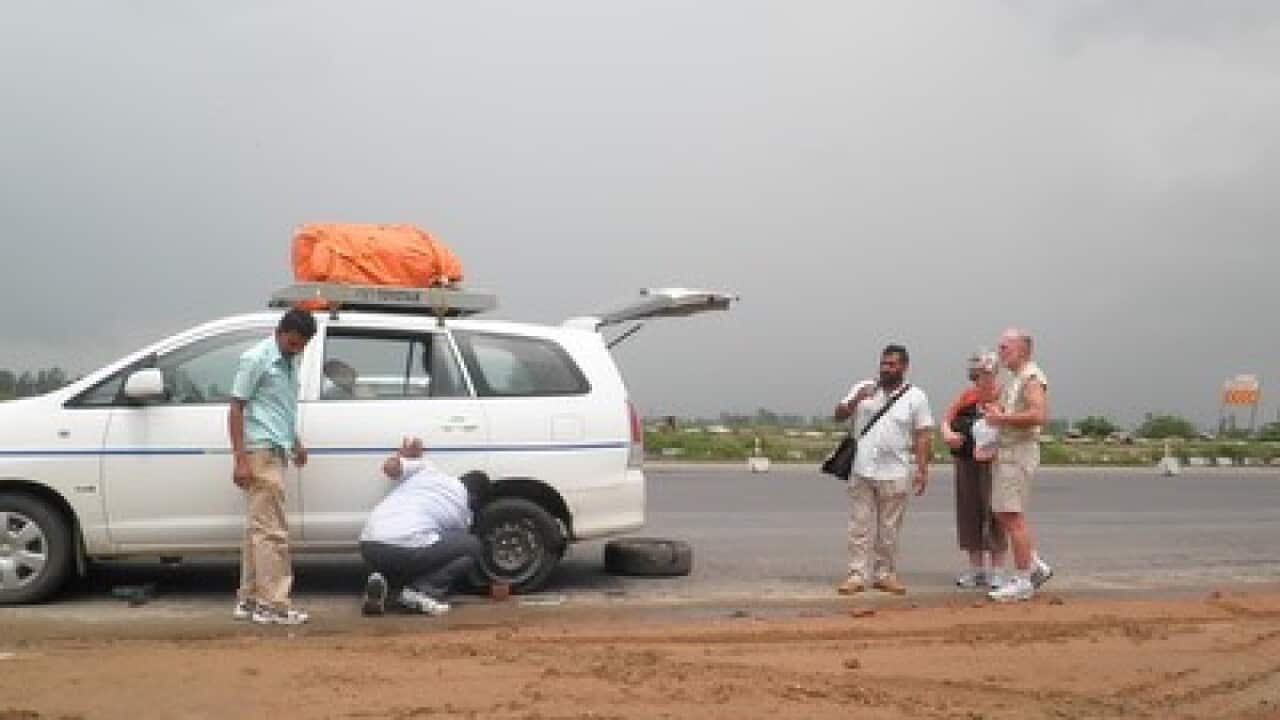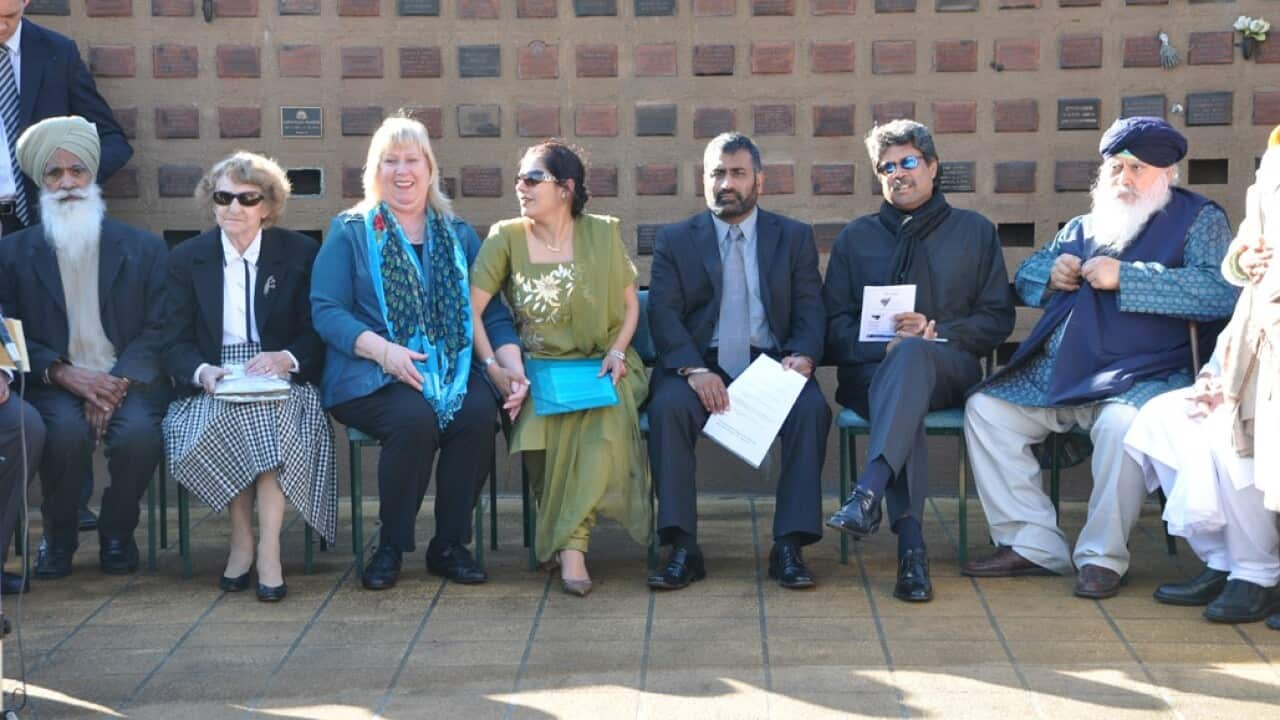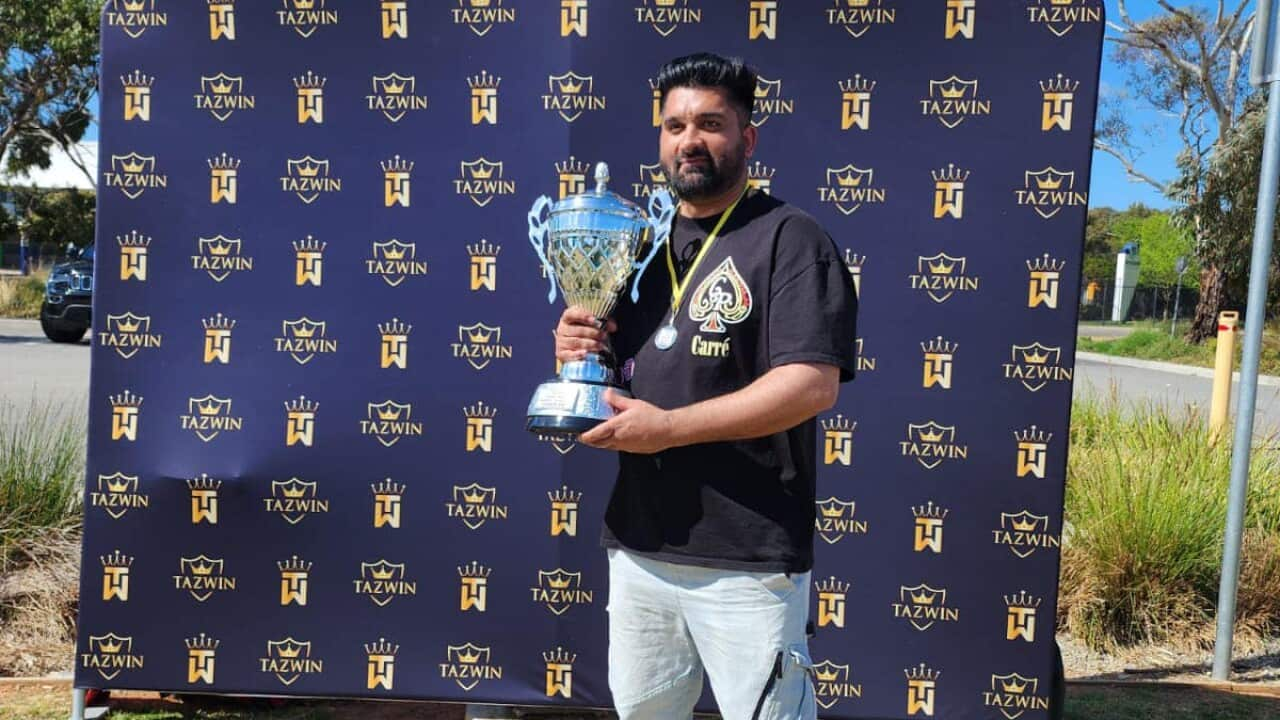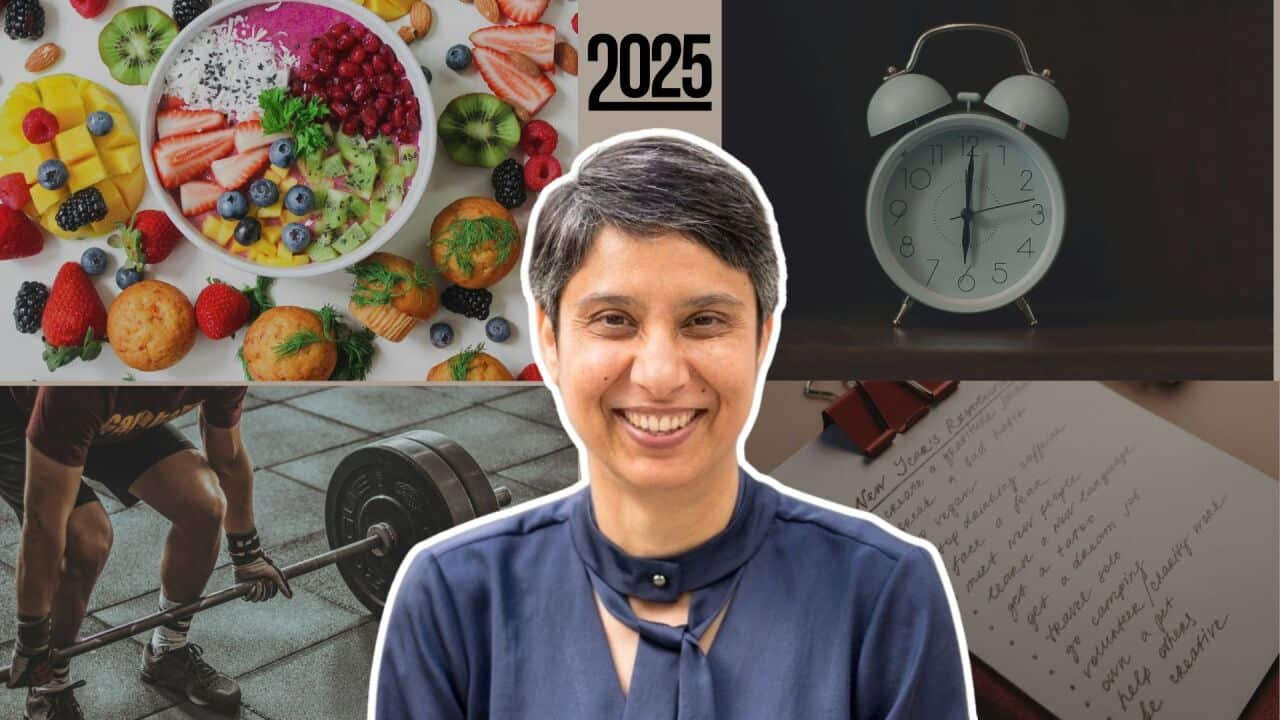To read and know more about Pooran Singh's story, a man who was born in India in the 19th century, lived and worked in Australia in the 20th century, and brought communities together in the 21st century to fulfil his final wish, click on the link below.
Transcript of part 5 of the audio documentary Pooran Singh's final journey:
Manpreet (in car sounds): Today is 29th July and we are in our car, travelling to Uppal Bhopa from Jalandhar, feeling like custodians of a precious cargo that we’ve carried from Australia to here. Let’s first speak to Len Kenna. Len, tell me your impressions of the last couple of days.
Len (in car): Well, I’ve got a mixed bag full of emotions. For Harmel, who is naturally family, and very much emotionally involved with it, there’s you because he’s of the same nationality, there’s Chris my partner, who has got her recollections and memories coming from her family ties, and then I’ve got my personal family ties, with my grandfather and grandmother visiting this area on their way up to Kashmir. So I’ve got all those emotions just sitting back as a cold observer, and that is really disturbing, but what is actually getting to me more, is the story of Pooran – it’s just the tip of the iceberg, it’s a pinnacle, and I keep thinking of all those hawkers that died lonely deaths in Australia and are buried in graves and cemeteries across Australia. Or, just laying in the bush with a bush cremation, and whose families are still wondering what happened to them, where they are… and every time I think about it, I just think of all those lonely people out there in the bush in Australia.
Manpreet: But Len in a way then, it’s very symbolic – perhaps taking back Pooran ji’s ashes to his ancestral village, is also paying homage to all the other unrecognised, unknown people, in the various unmarked graves in Australia.
Len: Well, that’s the feeling I was trying to express, that he is the figurehead….
(Voiceover in Punjabi): Whilst Len is happy on the one hand that he’s bringing Pooran home today, he is extremely concerned about the hundreds of other unknown Punjabi hawkers, whose ashes or final remains are lying unclaimed in the Australian bush, and whose families have no idea about what happened to them. Len promised to research all of these stories further, upon his return to Australia and possibly reunite more families in India with the remains of their loved ones in Australia. Crystal, on the other hand was elated, that this was turning out to be the best experience of her lifetime.
Crystal: I really am looking forward to feeling all the emotion in the village when the people see us arriving and Harmel comes with Pooran. They’ll finally get to see what they’ve heard for such a long time now – it’s been such a long time for them. We’ve had all this, and we’re very excited and emotional, but their emotions are all pent up until this moment.
Manpreet: It’s the first visual connection they’ll make to the whole story, isn’t it?
Chris: Yes and physical… physical connection as well, I think. And I think it’s going to be a tremendous experience…and probably one of the biggest experiences I’ll probably ever have in my lifetime.
Music
Studio: Today, I notice a new spring in Harmel’s step, a greater enthusiasm in his voice.
Harmel: Well, in England we say, it’s always nice coming home and the journey coming home, it seems always more joyous and faster than the outward journey. I can only express now that my great Uncle’s journey to Australia must’ve been such a task, such a difficult journey. Yet now we’re arriving and we’re literally half an hour away from our ancestral home. It’ll be quite a joyous occasion to see that an elder of our village is coming back home. There’s greater parts of the family who will be able to experience what I’ve experienced over the last week or so. Carrying the ashes right from Warrnambool, it seems like he’s been with us all this way.
Manpreet: Harmel ji, I’ve been watching you for the last 2-3 days, and I can see that you’re treating these ashes as a living being… I remember when you were going away for a toilet break, I asked you to leave the bag containing the ashes with me and promised to look after it, but you just said, “my Baba goes where I go”… I had tears in my eyes thinking that this is a living entity for you, not some lifeless ashes….
Harmel: Yes. You know, I can’t describe this feeling in any words. But I feel this deep within me. We Punjabis are known to be emotional and loving people – we show great affection to each other as it is… But when it comes to someone you have a blood relation with, it’s just a spontaneous feeling that I can’t explain in words.
Manpreet: You know, you have said to me often that you are eating with him, drinking with him walking with him.
Harmel: Yes, yes. We’ve shared every breath, every word, every place we’ve been… He’s right here with me, riding in this car… My Baba has been with me in the aircraft, now, in this car, and he is participating in this radio interview too. Studio: So with these conversations we arrived in the village Uppal Bhopa. The scene that awaited us is indescribable. Just like Harmel felt that his Grand Uncle was actually accompanying him, the whole village had gathered together for the first glimpse of a dearly loved ancestor. Everyone in the village was there, including a large media contingent. We were showered with fresh flower petals, garlanded and then people came to us individually to embrace us – some smiled, some cried, but they all made us feel that we were part of something historic today. Len and Chris’ exhibition was set up for the villagers, which contained photos and information about hawkers in Australia including Pooran, and then we all went upstairs to the beautiful gurudwara (the Sikh temple), where everyone congregated, and this prayer was offered (sfx)…
Studio: So with these conversations we arrived in the village Uppal Bhopa. The scene that awaited us is indescribable. Just like Harmel felt that his Grand Uncle was actually accompanying him, the whole village had gathered together for the first glimpse of a dearly loved ancestor. Everyone in the village was there, including a large media contingent. We were showered with fresh flower petals, garlanded and then people came to us individually to embrace us – some smiled, some cried, but they all made us feel that we were part of something historic today. Len and Chris’ exhibition was set up for the villagers, which contained photos and information about hawkers in Australia including Pooran, and then we all went upstairs to the beautiful gurudwara (the Sikh temple), where everyone congregated, and this prayer was offered (sfx)…

The entire village turned out to greet the group escorting Pooran's ashes from Australia. Harmel, Crystal, Len and Manpreet are seen here with Pooran's family Source: SBS Punjabi
Priest: ……as You ordained dear God, Baba Pooran Singh finished his human journey on this earth many years ago. Today, his family members and many others have gathered here from Australia, to pray for eternal peace of the departed soul. May today’s prayers grant his soul its rightful place in heaven…
Voiceover: After Pooran Singh’s body was cremated on 10th June, 1947, one prayer was offered in his memory on 25th July 2010 at Warrnambool, a small town in country Victoria, Australia, in which Indians and Australians came together to pray for him. And now, on July 29, 2010 a prayer was being offered here in Uppal Bhopa, a small village in Punjab, India. The whole of the village was present at this prayer, and so were most of the living members of the family of Sultani Ram (Pooran Singh’s brother) – in fact, six generations of the family were present on the occasion.
Priest (end of prayer): Waheguru ji ka khalsa, waheguru ji ki fateh.
Studio: After the prayer and other ceremonies, all of those associated with Pooran’s last journey were felicitated – each of us was called individually and bestowed with three gifts… a ceremonial saffron cloth, a framed picture of the GoldenTemple and a trophy with a message of appreciation. Len and Crystal had tears of joy in their eyes – never before had they received so much sincere love, gratitude and adulation. After that, we went to see the much talked about ancestral home – something that I was extremely keen to see. Back in Australia, I had heard that this was built with the money sent here in 1947, since Pooran Singh had bequeathed his four nephews ₤1440 in his will. But to see this house with my own eyes was a magical experience – we walked through a narrow alley in the village to get to that ancestral house, which bore a proud inscription on the bricks above the entrance, reading “Sardar Pooran Singh, Sardar Sultani Ram, Australian, dated October 1950.” Immediately, I remembered the plaque at Warrnambool cemetery that said “Pooran Singh, an Indian hawker, died 8 June 1947, Western Victoria”. The words carved on the bricks in India were in pure Punjabi, and the inscription on the plaque in Warrnambool was in English – perhaps for me, this moment was the most priceless moment of this journey so far. Soon, we went inside the house, where most of Sutlani Ran’s family had gathered and I talked to them about their memories.

A Punjabi inscription outside the family home in village Uppal Bhopa that says S Pooran Singh, Sultani Ram, Australia 1950 Source: Supplied by Harmel Uppal to SBS Punjabi
Vox Pop 1: I’m the granddaughter in law of Pooran’s brother, Sutlani Ram. I don’t know about when he went to Australia, I came into the family after he left. I can only tell you what I’ve heard from my mother in law and others. Initially we didn’t get any letters from him, but when there were disturbances here in 1947, then we received a letter that he’s passed away in Australia.
Manpreet: So you got that letter informing you of Pooran’s death?
Vox Pop 1: Yes, we got the letter and we also got money with it – we used the money to build this house and dug a well in our farm. We organised a prayer ceremony in his memory, but then the rioting started and no one came to attend the ceremony.
Manpreet: So what happened during the partition of India in 1947? What was the situation here?
Vox Pop 1: There was rioting around the village, a nearby village named Talban went up in flames.
Manpreet: What about your village?
Vox Pop 1: It was peaceful here, not like Talban. We were fearful, but fortunately nothing untoward happened.
Manpreet: Now we know Pooran Singh ji went to Australia from this village, did anyone else ever go?
Vox Pop 1: No, absolutely no one else went from this village to Australia. Some went from Bilga and other villages, but no one else went from Uppal Bhopa.
Manpreet: Did anyone tell you why Pooran left for Australia, or how did he travel?
Vox Pop 1: No. I don’t know anything about that… I only know what people and elders told me.
Manpreet: How old are you now, do you know?
Vox Pop 1: I don’t know (others volunteer an answer)…”She must be 80-85 years old.”
Manpreet: do you remember anything else?
Vox Pop 1: No, nothing else.
Vox Pop 2: We only heard from Kapil Dev. We didn’t know much before that. We are so grateful to all of you – Harmel, Kapil Dev, you and that Australian family that kept the remains of our ancestor for so long. Because of them, we can be with our Baba today. We are really happy ….(cries)…and we are sad and emotional too. We are grateful to the family who preserved these ashes as well as to Kapil Dev, who really went out of his way to get these ashes to us.
Vox Pop 3: My name is Amrik Singh, I’m this lady’s grandson. We’ve only just found out the full story. My mother used to talk of her grandmother, and sometimes mention that our Baba had gone to Australia, but we didn’t know much else.
Manpreet: There weren’t any photographs back then…
Vox Pop 3: No, there were no photographs, nothing.
Manpreet: Is there anything in this house, any letter from Australia, any memento from back then? What about the letter you received in 1947?
Vox Pop 3: Oh, where is the hope of preserving things like that? Generations have changed, houses have changed, so much time has elapsed… We think that Baba Pooran Singh was a really pious soul, it’s because of his goodness that all of this has happened. Because of him, the whole of the family has woken up and come together today…
Manpreet: Not just the family, two countries have woken up today.
Vox Pop 3: Absolutely, two countries have woken up today. Now Indians will also be respected in Australia, otherwise the opposite was happening there. Things weren’t too good between Indians and Australians recently and this will now make a big difference. They will realise that their ancestors have done so much, and now they shouldn’t harbour any enmity with Indian youth who go to Australia for studies. We hear so many stories about that, isn’t it? I’m sure this will now make a big difference.

Manpreet K Singh being felicitated by members of Pooran's family in village Uppal Bhopa Source: SBS Punjabi
Vox Pop 4: My name is Kulvinder. I feel really happy and really sad (cries) that his ashes have finally come here to us… We didn’t know too much about him, our elders sometimes mentioned him. But now we’ve found out that our Babaji was a really wonderful person. We are ever so grateful to Kapil Dev ji and to you; you’ve helped us so much by bringing his ashes from Australia to our village here. We are very very thankful.
Manpreet: No, we are the ones who are really grateful for all the love and respect you’ve shown us today. Thank you so much for organising everything so beautifully.
Listen to the audio documentary Pooran Singh's final journey
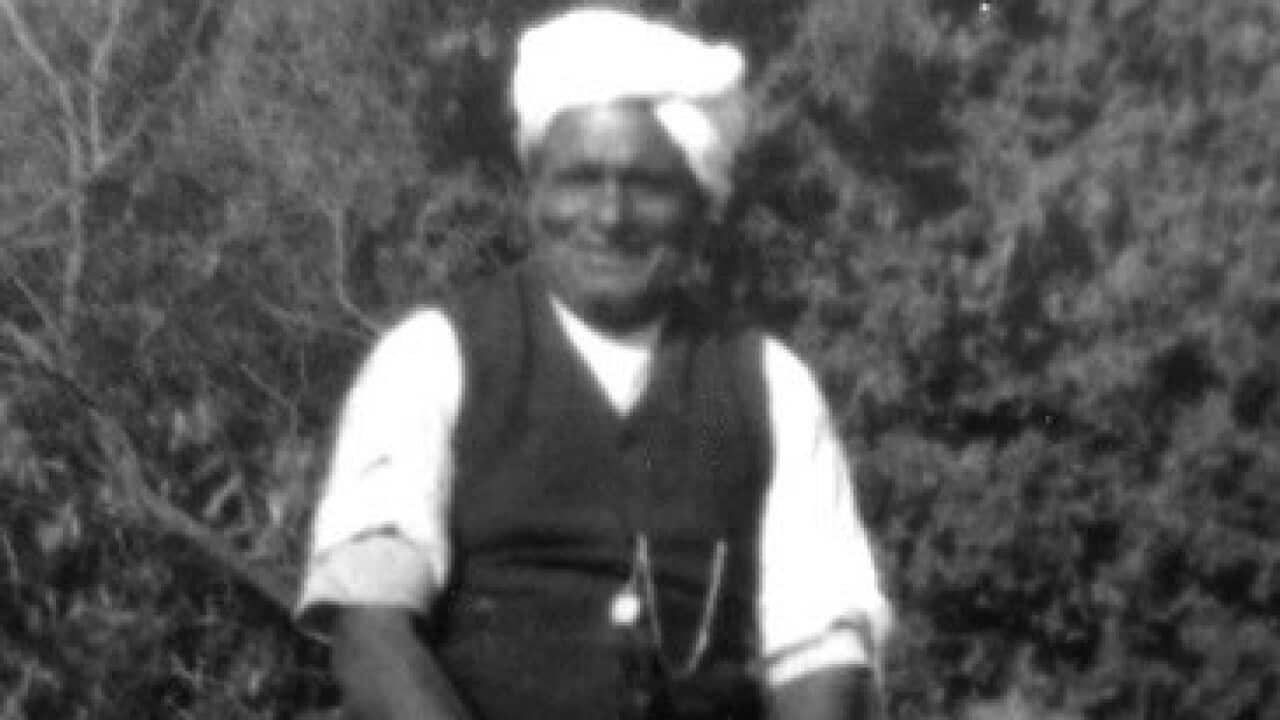
'It's time for Pooran to go home'


